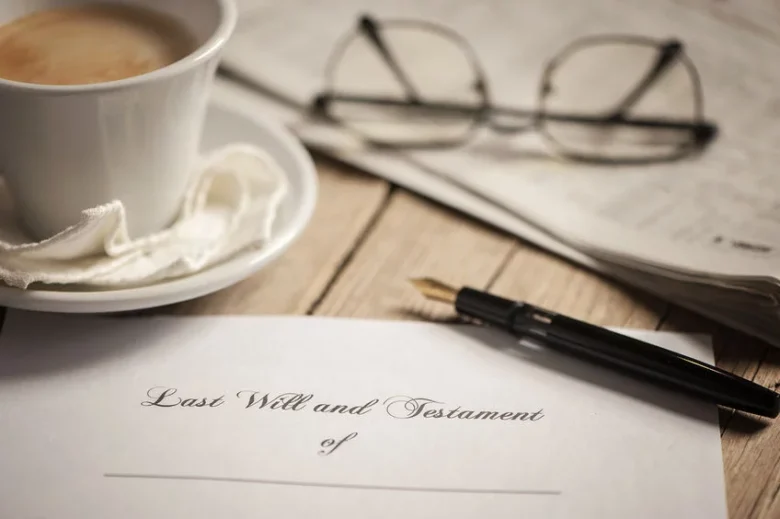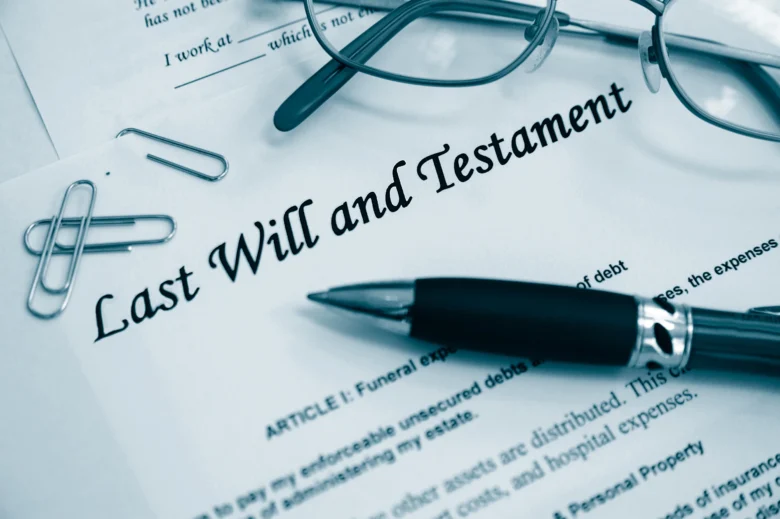Too many people put off estate planning for a long time, thinking they do not need it right now or there’s enough time to do it. In reality, it’s always better to do it sooner – even though it’s quite a sensitive subject. After all, who wants to prepare for their passing or think about it, to begin with?
Planning your estate now will take a burden off your shoulders and will also ensure that your loved ones will have an easier time when it comes to receiving your assets when you pass away.
How do you go about planning your estate? Here are 10 things you should consider doing before your death.
1. Name a Trusted Person as an Executor

You will need an executor if you want to make sure your will is implemented the right way.
However, this is not that easy. You cannot name just anyone as an executor – it has to be someone you can trust. Take your time to choose someone to be the executor, and you can rest assured he or she will do everything you’ve asked.
2. Itemize the Inventory
Once you have the executor in the event of your unfortunate demise, it is time to start itemizing the valuables you have in your home. This can be electronics, jewelry, cars, power tools, art pieces, and more.
Be prepared for the list to be longer than you probably anticipated, and you should also leave space for additions. Who knows, you may live an extra 20 years after that, and the number of assets may grow. If you have any people in mind whom you want to receive certain items, you should make some notes of that.
3. Collect All Contact Information and Relevant Documents

Brace yourself – you’re going to spend a lot of time gathering important documents when planning your estate. You’ll need official certificates, vehicle titles, and property deeds among others.
This is not all, though. The contact information of your doctor, insurance broker, and lawyer should be collected too. Once you have all these and other essential documents, you can keep everything in a secure place.
4. Make a Beneficiaries List
Who do you want to inherit all your assets? This is something you should consider early on and think of very well.
After establishing who will get your assets after your passing, you should put them down on a list. Include their names, addresses, and birthdates.
Bear in mind that you don’t have to settle for individuals only. You can also add charitable organizations.
5. Consider Digital Assets Too

Apart from your physical assets, you should also plan for your digital ones. This could include your social media accounts, shopping accounts, online bank accounts, and so on.
You must establish who takes over your accounts after your passing. On Facebook, you can already choose someone to take control of the account.
6. Make a Debt List
Many people have collected debt over the years, and perhaps you’re no exception.
If you haven’t paid off all your debts yet, you should include them on a list. Write down all your mortgages, auto loans, credit cards, and anything of the sort.
Then, ensure that you also include your signed agreements’ location, account numbers, as well as the contact information of all the firms that keep your debt. If there are credit cards you use more than others, mention this too.
7. Make a Last Will

Work on a will. It will include asset distribution instructions for the living relatives.
Creating it on your own can be challenging, so make sure you have a lawyer helping you out if you want everything to go as planned.
8. Hire an Estate Planning Lawyer
If you want your estate strategy to go according to plan, you should have an estate planning with OFP Law attorney helping you out.
Although you may stumble upon many tools for DIY estate planning, they might not always be the best. A single wrong step can lead to a probate process, which can put a lot of stress on your family.
9. Make Updates to Your Insurance
Your annuity and life insurance will go to the beneficiaries after your passing.
Therefore, when you are planning your estate, you should also reach out to every life insurance company you worked with. List all beneficiaries, and make sure that every piece of information about them is current and valid.
10 . Review Your Retirement Account

Every policy or account that you may have will be directly passed to your beneficiaries. This includes retirement accounts as well, especially if you still have funds in them.
You should contact the customer support team from your place of employment and make a list of beneficiaries for that account. This is particularly important if you got remarried or are recently divorced.
11. Consider a Living Will
Living wills will include information about your treatments in case you become incapacitated or cannot voice your preferences due to medical conditions. You will have someone talk to medical personnel regarding your treatment options and make the decisions you would’ve wanted.
12. Set Your Business Plans Straight
This is extremely important if you are a business owner. If you are the only owner of an at-home business, then you should put together a succession plan. However, if you are a partner and only own one part of the business, then you should consider drafting a buy-sell agreement.
This will be helpful not only in case of your demise but also if you leave the business altogether. It will leave instructions for how your share of the business will be handled and the way your estate will be compensated for it.
13. Make the Last Plans

Plan for things such as your funeral or organ donation. You may want to offer money for your funeral or leave instructions for your loved ones regarding this moment.
Ideally, this should be done through a letter to a trusted individual or the estate administrator, and not through the will.
Final Thoughts
If you want your assets to be distributed accordingly after your passing, you should plan your estate carefully. This page has more information about estate planning and hiring an attorney to help you out.


